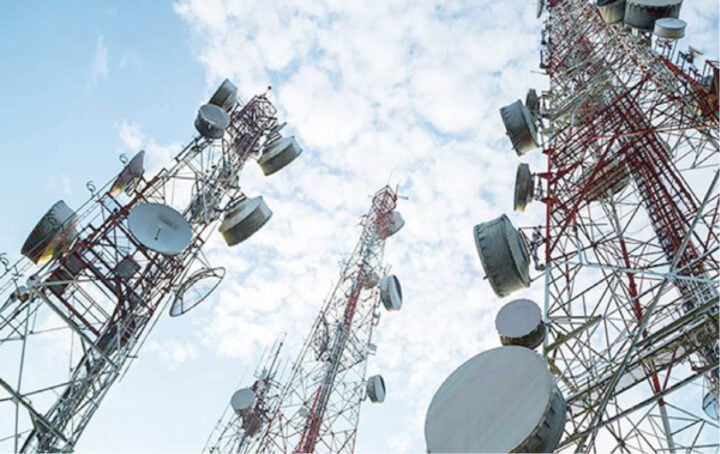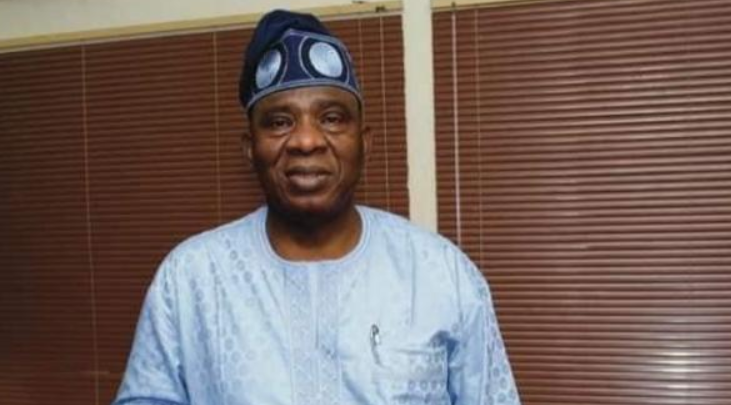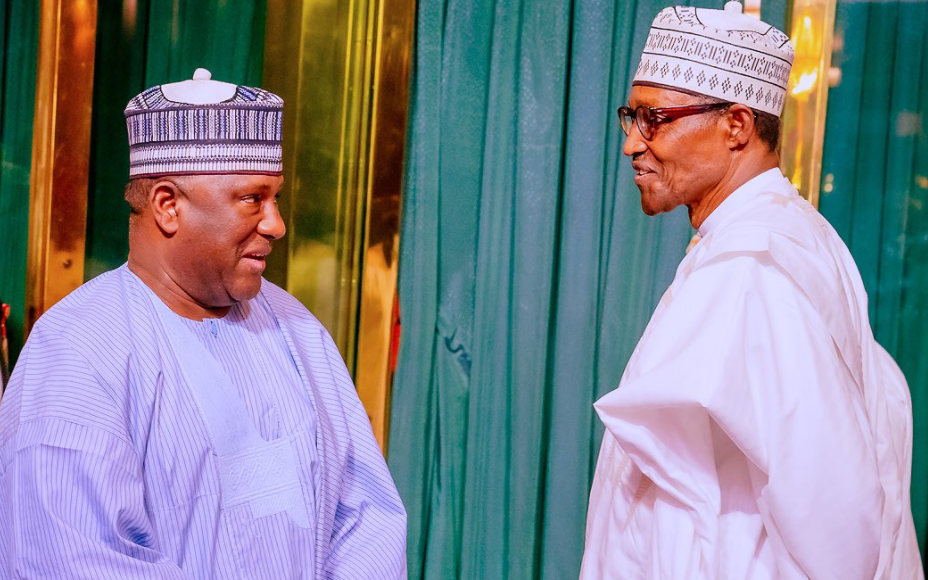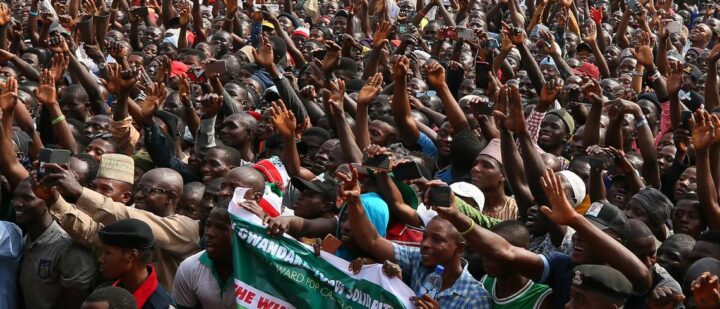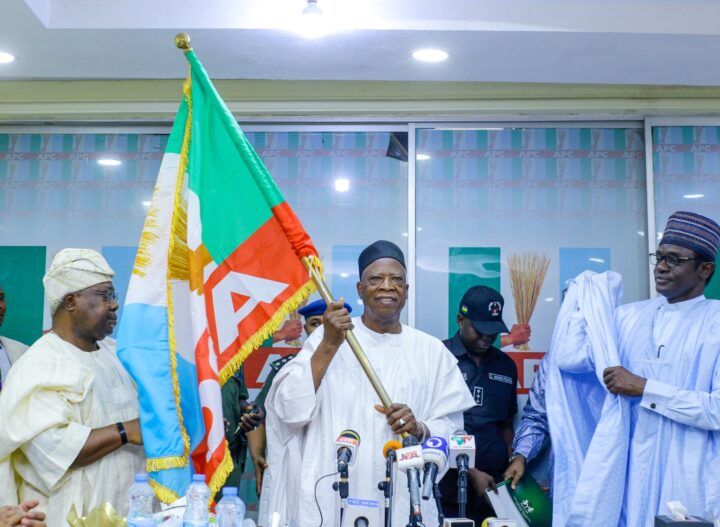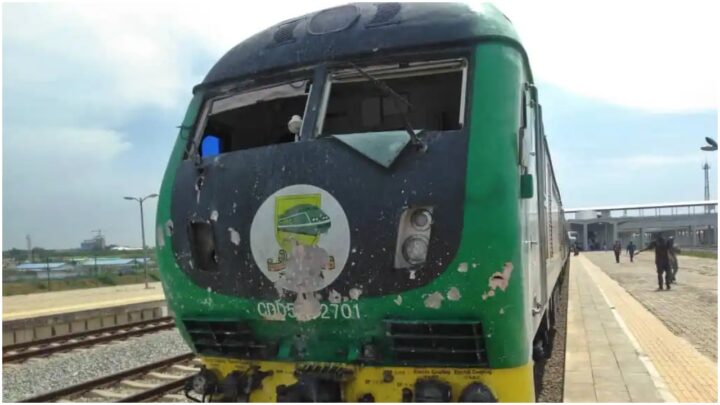Infrastructure deficit is one elevated euphemism to quantify the parlous reality of telecoms growth and development in the Federal Capital Territory (FCT), Abuja. The FCT is the seat of government where you expect everything, including service delivery and infrastructure rollout to be top range. But that is wishful thinking, some kind of flight on a gossamer in a dreamland, where sweet life is measured in winks but pains in sustained downpour.
Infrastructure deficit is one troubling metaphor that Nigerians hate to contemplate. When your neighbourhood is thrown into darkness for over a month and nobody gives any explanation of such obstructive failure, it is an infrastructure deficit. Occasionally, government officials go on circumlocutory journeys just to make some feeble explanations but leaving the substance on ground that over the years not much has been done to grow the energy sector, thus leaving the nation to the vagaries of the water level at sea to get light in our homes. Infrastructure deficit.
When you sleep and wake up at the filling station, struggling to get some litres of fuel for your vehicle, it is an infrastructure deficit for which nobody is bold enough to accept responsibility and failure. Not even the substantive Minister of Petroleum. Since oil was first discovered in Oloibiri in the Niger Delta in 1958, the Nigerian Government has failed to develop the sector in spite of revenue accrual from the industry, thus depending perennially on product importation to meet the needs of her people. So, any little misfortune anywhere in the world becomes magnified pain for Nigerians whose only crime is to put trust in their government. Infrastructure deficit.
Let’s not go to roads or the water sector; let’s not go to aviation and rail. The truth is that the average Nigerian has been done in by successive governments since 1960, with a majority living a most miserable life, while the people they voted into power embark on conspicuous tourism to the parts of the world where governments laboured to build a life for their people. They talk at the top of their voices spreading the seeds of failure in their empty words. Infrastructure deficit.
Advertisement
This is why it pains this very day that, in spite of this pauperising situation already besetting the country, a city like the FCT is further complicating infrastructure issues in the territory, making it near impossible for the telecoms operators to expand services with prohibitive charges.
Presently, it is already a nightmare making phone calls in Abuja. I had observed recently that services will worsen because telecom operators also use diesel to fuel their facilities, and it was going to be increasingly difficult for them to deliver services uninterrupted because of the soaring cost of what has since become an essential commodity, selling at over N700 a litre.
Those who run the FCT government don’t express such concerns as they are blinded by the expedient drive to generate revenue. From the early days of 2001 when telecoms suddenly gained prime attention, the sector has become low-hanging fruit for the various governments to prey on, and this story has not changed. While one may accept the faint good news that some states are trying to have a rethink and are extending a hand of development to the operators, FCT has remained intransigent by creating more problems for the regulatory authority, the Nigerian Communications Commission (NCC) which is now doing the worrying about the performance of a sector it regulates.
Advertisement
In very clear terms, the FCT is using revenue-drive to create infrastructure deficit in Abuja. While phone users may shift the blame of network failure to the operators, the efforts of the operators are actually being sabotaged by the FCT administration. A pained source at the NCC who spoke to this writer explained that the coming of the Department of Outdoor Advertisement and Signage (DOAS) has made things very difficult for the operators whose primary concern is to provide good services to their subscribers.
Let’s backtrack a little bit to recall that FCT maintains notoriety in this respect. In the days of Mallam Nasir el Rufai as the FCT Minister, the FCT would hardly grant site approval for base stations on the lame excuse that the design of the territory had no provisions for base stations. It was such an obtuse argument that had no place in reality. Yet such submissions had contributed to poor service availability in Abuja for over two decades. Even if el Rufai had repented of his folly by ensuring that, in Kaduna State where he is governor, telecom operators are wooed to rollout services at minimal government charges, the present crop of FCT administrators have only grown bolder by increasing charges on base station deployment and other telecom services. Such a move is very counterproductive. One industry follower told this writer last week that permits are not being given for new base stations.
An industry operator, one of those who bear the headache, lamented last week that while the Development Control used to be the monster agency of the territory troubling operators, DOAS which succeeded it has demonstrated the capacity to do even worse. Where the Development Control used to charge N1,150,000 processing fee per base station and another N20,000 application fee, the operator informed, DOAS has raised the processing fee to N1,500,000 annually with an additional annual charge of N500,000 per base station even as it hopes to backdate such charges.
In Lagos State, the commercial nerve centre of the nation, the annual renewal fee is N40,000. This has encouraged the operators to do more investment in order to excite the market. The Abuja market is getting congested because of inadequate facilities yet the administrators have refused to accommodate the Lagos model. Services are bad and there are no signs of improvement because of the activities of DOAS and the larger FCT administration. An operator told this writer that in some new developing areas in Abuja, the inhabitants have resorted to installing signal boosters in order to receive telecom signals, to the consternation of the regulator who frowns at such illegal telecoms deployment.
Advertisement
This the FCT. This is the home of the President of the Federal Republic of Nigeria. The city houses the cabinet ministers and other top government functionaries. This is where the National Assembly sits, although members would hardly remember to raise ordinary issues like telecom service delivery. After all, they can afford to buy as many phones as possible, just to ensure that each network has a line. That is also a sign of wealth, influence and authority!
This is where the problem is, and I say it without equivocation. The 5G technology for which two operators, MTN and Mafab, paid $273.6m each only recently, will not work in Nigeria if some people in government, like the FCT administrators, are allowed to operate like outlaws. 5G technology needs a plethora of base stations to serve useful and effective signals. Meaning that the operators will literally pour base stations across the states of the federation. This costs money. They must not be frustrated by those who seek momentary revenue benefits.
Views expressed by contributors are strictly personal and not of TheCable.
Add a comment

